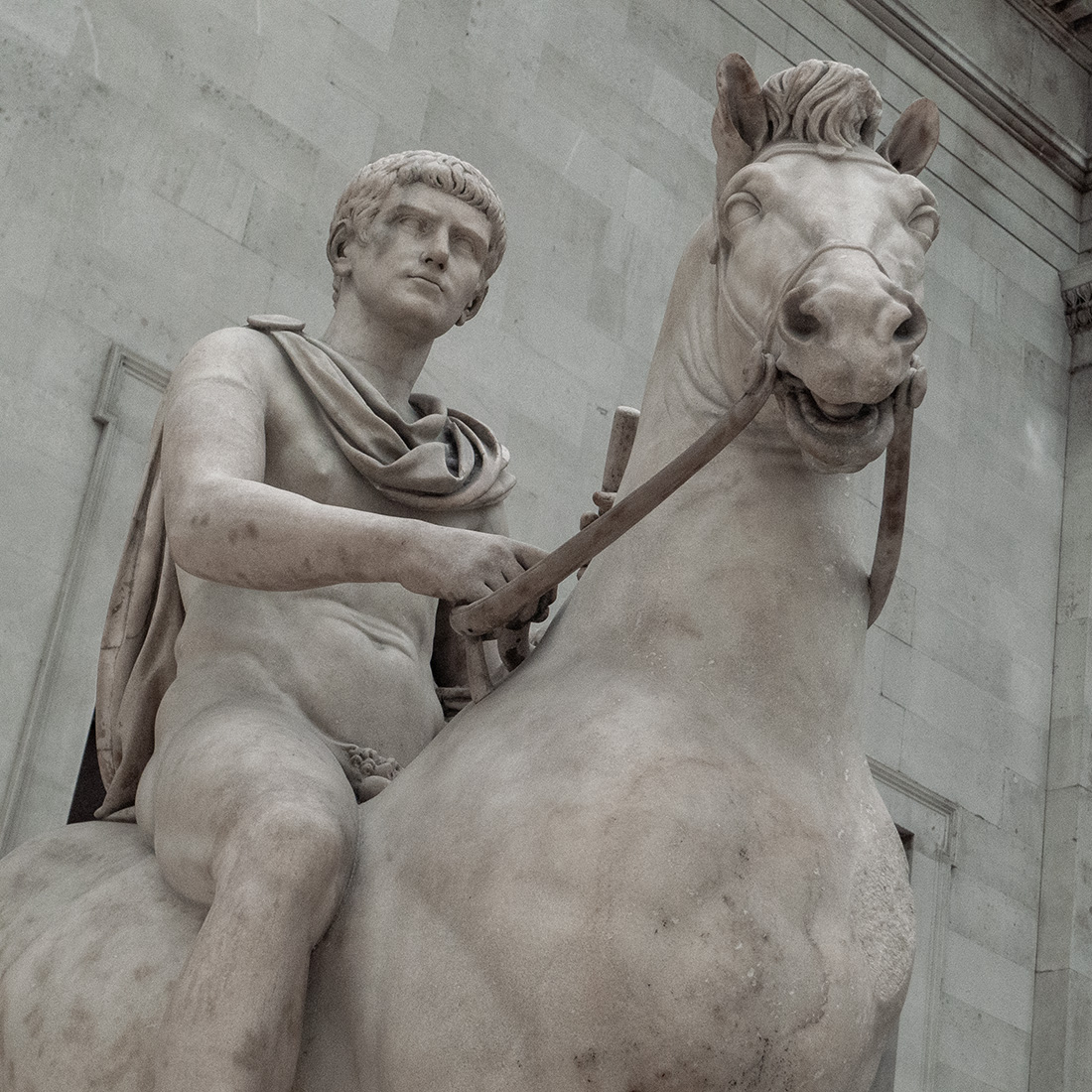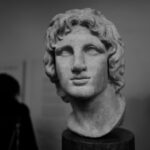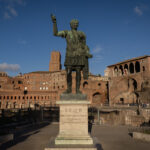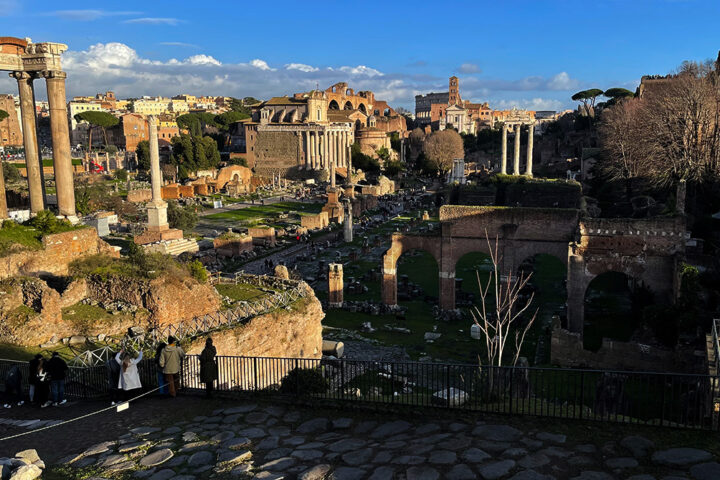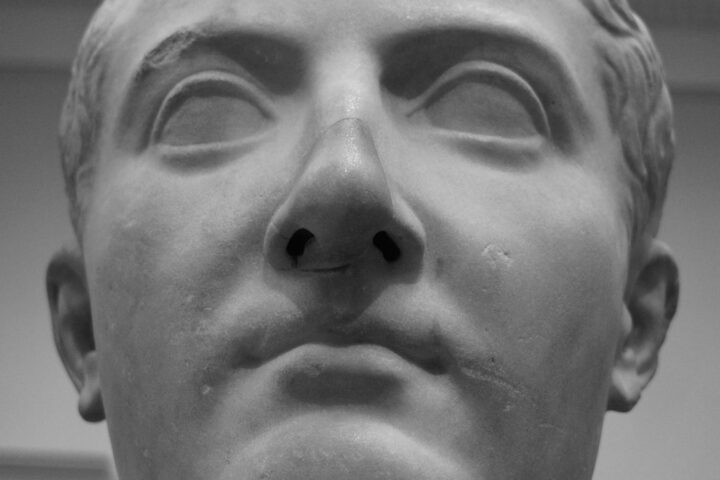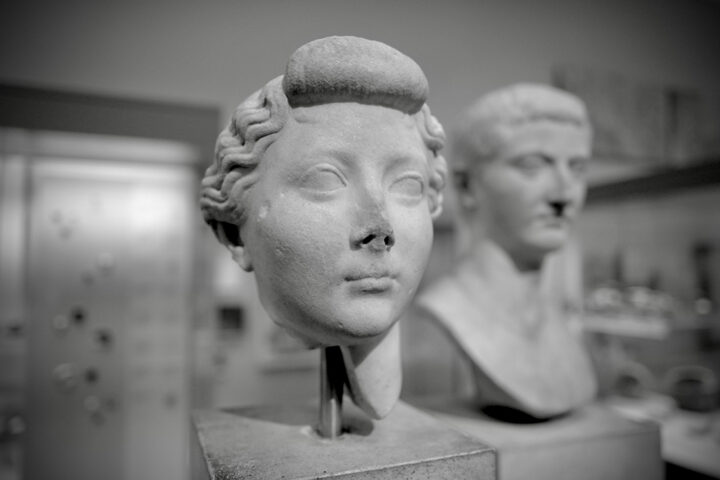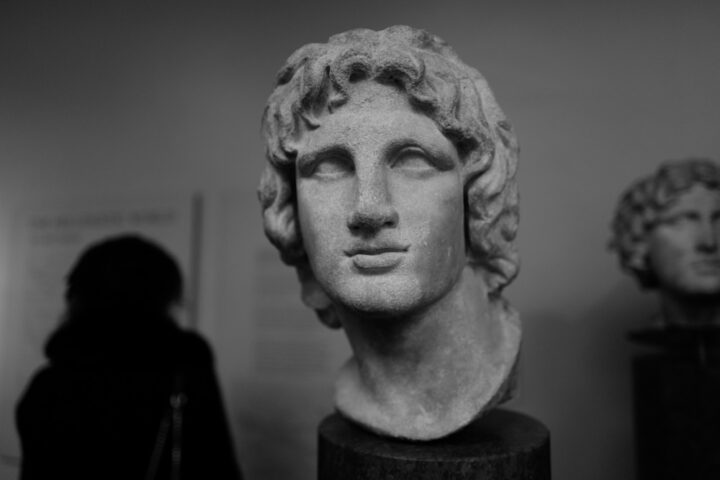Roman emperors’ legacies offer valuable lessons for today’s political leaders, be it from their achievements or mistakes. Analyzing the reigns of Julius Caesar, Augustus, Nero, Caligula, Marcus Aurelius, Constantine the Great, to name the few, offers crucial insights into governance, leadership, and the risks associated with autocracy for contemporary statesmen.
Nero, infamous for his tyrannical rule and erratic behavior, serves as a cautionary tale on the dangers of absolute power when wielded without accountability or moral constraint. The way he governed underscores how self-indulgence and ignorance of the people’s struggles can lead to destruction.
Caligula, another emblematic figure of despotism, represents the chaos and instability that can arise from unchecked authority and mental instability. His erratic decisions and cruelty towards both allies and enemies illustrate the catastrophic consequences of leadership driven by personal vendettas rather than the common good.
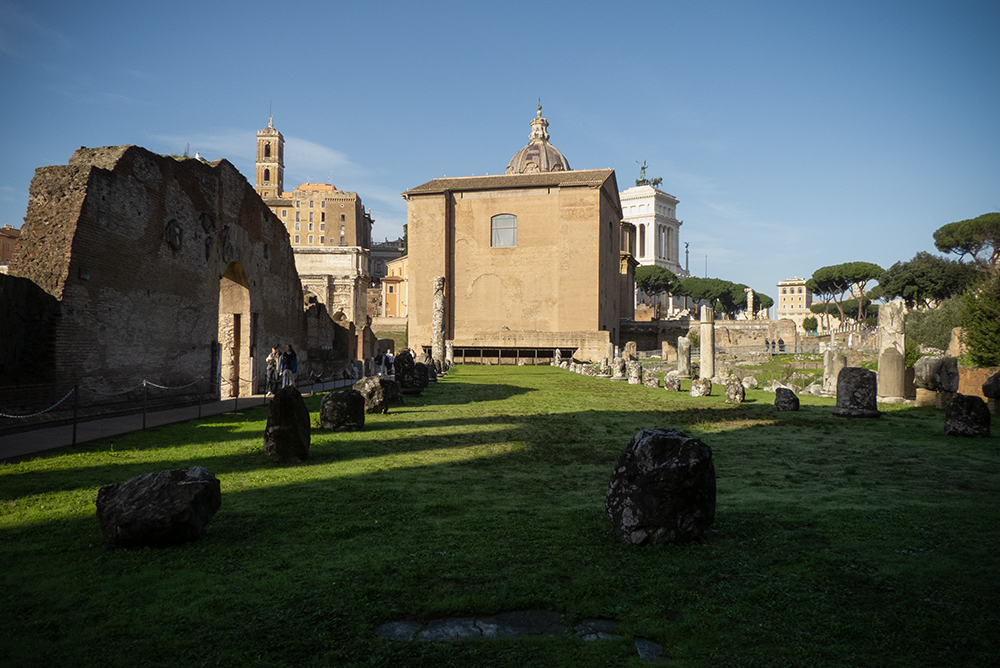
In stark contrast, Marcus Aurelius is often heralded as the philosopher-king, embodying the principles of stoicism and enlightened leadership. His Meditations reflect a profound commitment to duty, rational thought, and the welfare of the state, providing a timeless model of virtue and integrity in governance.
Constantine the Great’s reign underscores the impact of visionary leadership and strategic acumen. By embracing Christianity and establishing Constantinople as a new capital, he not only altered the religious landscape of the empire but also laid the foundations for a profound cultural and political legacy that would endure for centuries.
Julius Caesar’s extraordinary military and political accomplishments demonstrate the potency of charisma and strategic brilliance. However, his ascent and eventual assassination underscore the delicate balance between ambition and the perceived threat to republican ideals, serving as a somber reminder of the potential fallout from concentrated power.
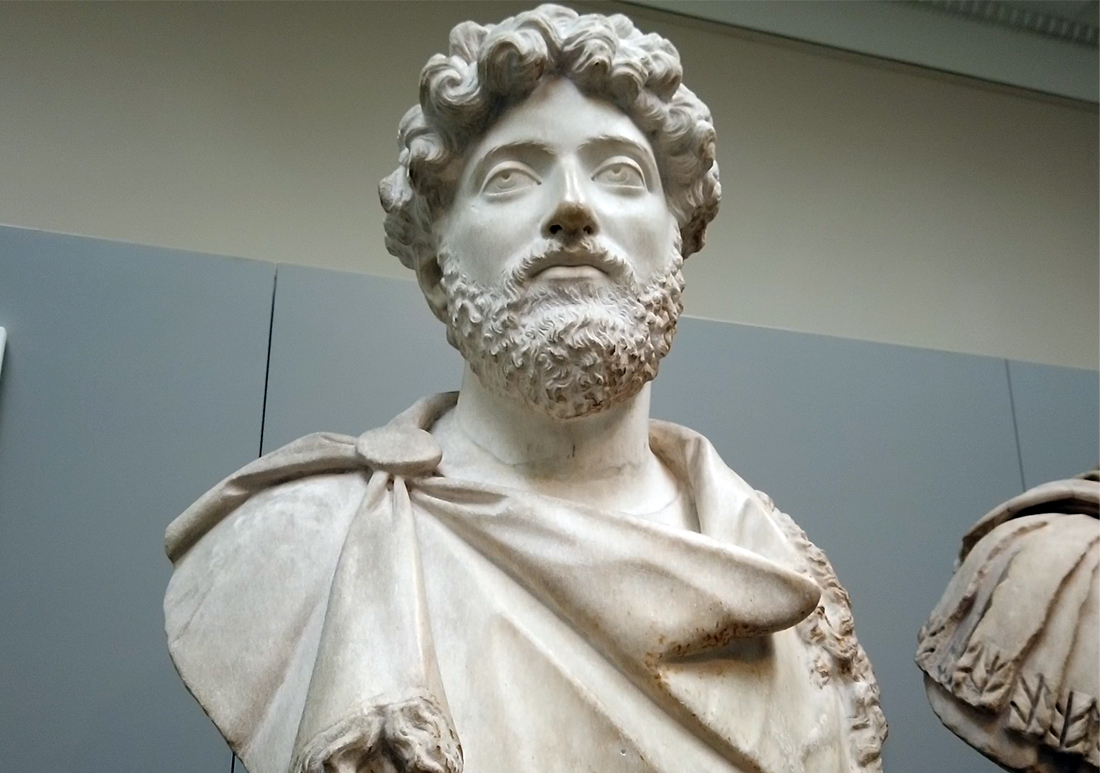
Augustus, the architect of the Roman Empire’s foundational structure, exemplifies the importance of pragmatic governance and institutional stability. His establishment of the Principate and reforms that reinforced Rome’s administrative cohesion highlight the necessity of foresight and adaptability in ensuring lasting peace and prosperity.
Together, these historical figures provide a rich tapestry of examples for contemporary political leaders. By studying their achievements and failures, modern statesmen can gain valuable insights into the complexities of leadership, the enduring principles of effective rule, and the ever-present risk of power’s corrupting influence.


